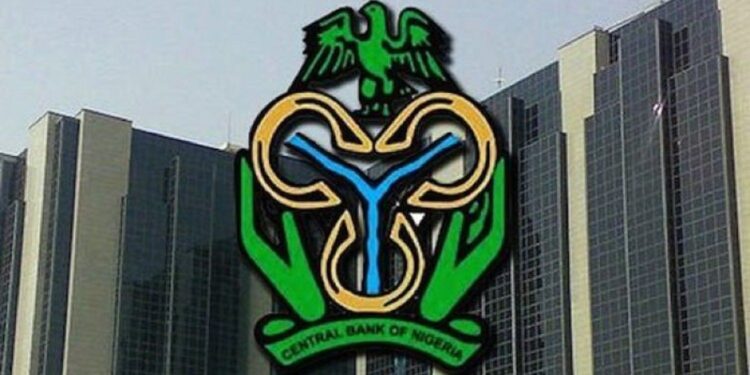The Central Bank of Nigeria (CBN) has reported a remarkable 61% increase in diaspora remittances processed through International Money Transfer Operators, amounting to $4.22 billion between January and October 2024. This is a significant leap compared to the $2.62 billion recorded during the same period in 2023.
CBN Governor Olayemi Cardoso disclosed this during an interactive session with the Senate Committee on Banking, Insurance, and Other Financial Institutions. Cardoso attributed the growth to improved remittance systems, supportive government policies under President Bola Tinubu, and increased confidence among Nigerians in the diaspora.
A monthly breakdown revealed that remittances rose from $336 million in September 2024 to $402 million in October 2024, signaling a steady upward trend. Cardoso also projected a continued rise in remittance inflows by the year’s end.
The World Bank has noted that the Nigerian diaspora contributes between $20 billion and $25 billion annually, although these funds are not often directed towards private equity investments. Instead, remittances serve as a critical source of income for households, alleviating poverty, improving nutrition, and boosting school enrollment rates in disadvantaged communities.
Cardoso further highlighted Nigeria’s external reserves, which rose from $38.35 billion in September to $42.01 billion as of December 12, 2024. These reserves are sufficient to finance over nine months of imports, exceeding the international benchmark of three months and providing a robust buffer against economic shocks.
In addressing cash shortages, the CBN reaffirmed its policy of imposing fines on banks found distributing new naira notes illegally. Looking ahead, Cardoso expressed optimism about Nigeria’s economic prospects in 2025, citing forex market stabilization, banking sector recapitalization, and positive growth in key sectors as indicators of recovery and stability.









